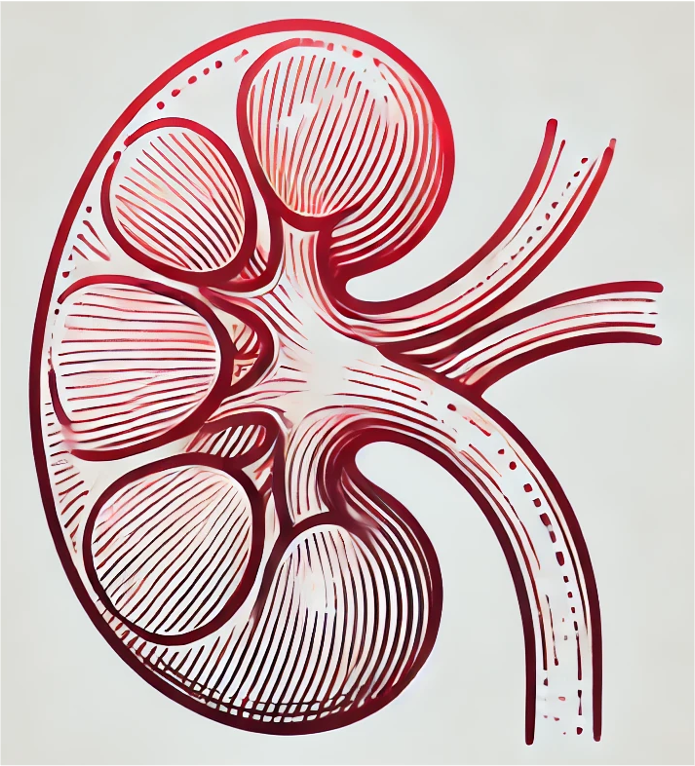Description
Interleukin (IL)-33 is a cytokine that appears to mediate fibrosis by signaling via its receptor ST2 (IL-33R/IL1RL1). It is also, however, a protein that after synthesis is sorted to the cell nucleus, where it appears to affect chromatin folding. Here we describe a novel role for nuclear IL-33 in regulating the fibroblast phenotype in murine kidney fibrosis driven by unilateral ureteral obstruction. Transcriptional profiling of IL-33-deficient kidneys 24h after ligation revealed enhanced expression of fibrogenic genes and enrichment of gene sets involved in extracellular matrix formation and remodeling. These changes relied on intracellular effects of IL-33, because they were not reproduced by treatment with a neutralizing antibody to IL-33 that prevents IL-33R/ST2L receptor signaling nor were they observed in IL33R/ST2-deficient kidneys. To further explore the intracellular function of IL-33, we established transcription profiles of human fibroblasts, observing that knockdown of IL-33 skewed the transcription profile from an inflammatory towards a myofibroblast phenotype, reflected in higher levels of COL3A1, COL5A1 and transgelin protein, as well as lower expression levels of IL6, CXCL8, CLL7 and CCL8. In conclusion, our findings suggest that nuclear IL-33 in fibroblasts dampens the initial profibrotic response until persistent stimuli, as enforced by UUO, can override this protective mechanism.
Overall Design
Human IL-33 (#4392422) and Silencer Select Negative Control No. 2 siRNA (#4390846) were purchased from Thermo Fisher Scientific (Oslo, Norway). Fibroblasts were transfected with 30 nM siRNA using Lipofectamine RNAimax (Invitrogen, Oslo) in Opti-MEM for 12 hours followed by a change to serum free fibroblast growth medium, containing IFN- (100 ng/ml) and TGF- (2ng/ml) for another 12 hours before harvest and RNA extraction.
Curator
xm_li
